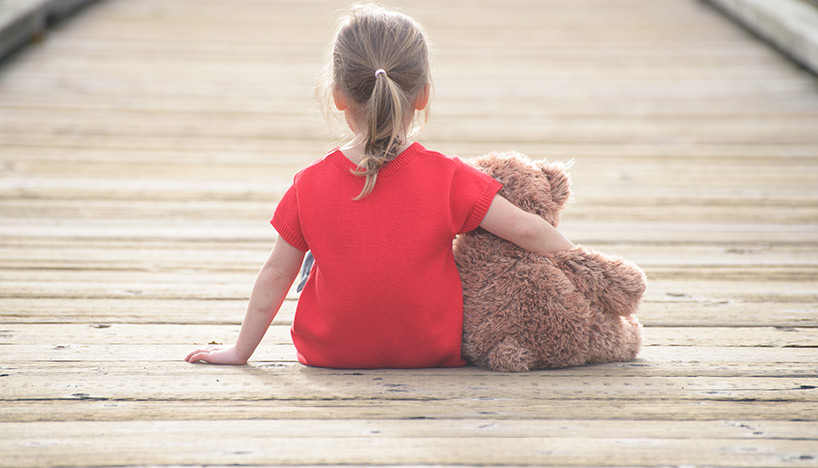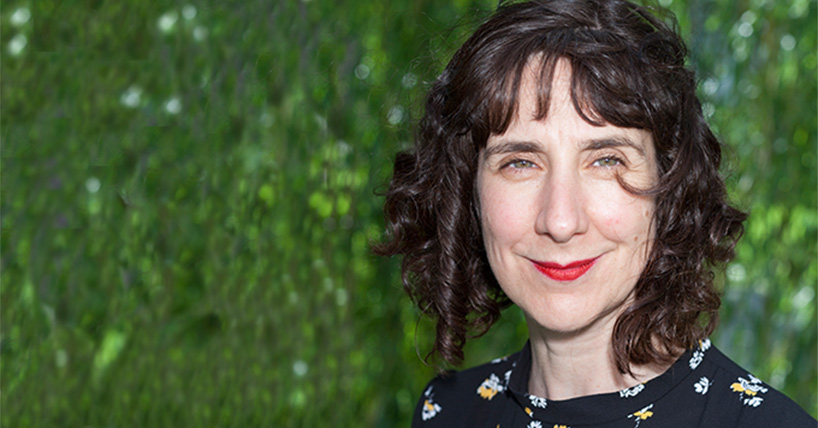CHESS
Multimillion rehabilitation trial for children with neurodisability
Published on: 24 January 2024
Newcastle is leading a clinical trial to assess how parents and professionals can support young children with neurodisability to develop independence in everyday self-care tasks.
The Children’s Early Self-Care Support (CHESS) trial has been made possible thanks to £2.3m funding from the National Institute for Health and Social Care Research (NIHR). It is set to be among the largest rehabilitation studies ever undertaken, as it spans 40 NHS organisations and will involve 960 children and their families.
The trial team is led from Newcastle University, alongside Northumbria University and Newcastle Hospitals NHS Foundation Trust – all of which are part of Newcastle Health Innovation Partners (NHIP), the Academic Health Science Centre in the North East of England.

'Much needed evidence'
It is estimated that around four per cent of children in the UK have neurodisability, many of whom have difficulties with self-care. Whilst a number of these children can achieve self-care levels close to their typically developing peers, this often requires significant support from parents and NHS therapists.
There is currently little evidence about what support works best, no national guidelines, and no evidence about cost-effectiveness to inform decision making. As a result, the support that children and families receive is variable. The trial will therefore gather much needed evidence on effective interventions to support children, parents, and professionals.
Dr Niina Kolehmainen, from Newcastle University, who is leading the trial team, said: "CHESS is a landmark trial as the team combines experts with decades of research into neurodisability, self-care and family-centred practice.
“The idea for CHESS comes directly from children, families and therapists – who have told us that their biggest priority is better support for early self-care and independence. So we came together to develop a programme of research, which now culminated in the CHESS trial.
“Most children with neurodisability require a lot of support from parents and caregivers, who often describe family life as stressful.
“Timely self-care support for the children, tailored to the needs of the family, and provided by occupational therapists, physiotherapists, speech and language therapists, or health visitors, may have substantial benefits for both the child and parent.”
Clinical trials improve health outcomes and the quality of care for professionals and patients involved in them. The CHESS team seeks to open these opportunities to regions and patients who currently have limited opportunities to participate in research.
The trial methods to support this will be led from the Centre for Healthcare Randomised Trials at the University of Aberdeen and the Implementation and Innovation Research group at Northumbria University.
Professor David Burn, NHIP Director, said: “It is great to see three of our NHIP partners involved in the CHESS trial, as this groundbreaking work will make such a huge difference for families.
“NHIP brings together partners in research to help reduce health inequalities and improve health outcomes, and this project is a perfect example of how much we can achieve together when we work collaboratively.”
The trial is developing partnerships with families affected by neurodisability to ensure that involvement of parents, carers, and children is given the highest priority.
Improving lives
Joanne Marshall, Principal Physiotherapist at Newcastle Hospitals, said: “We are proud to play a part in this national trial, which aims to improve the lives of children with neurodisability and their families.”
The trial is developing partnerships with families affected by neurodisability to ensure that involvement of parents, carers, and children is given the highest priority.
There are three industry partners participating in the trial: Permobil, TinyTrax, and Meru.
Dr Gillian Ward, Head of Research and Innovation at the Royal College of Occupational Therapists, said: “Our warmest congratulations to the team. This research has the potential to make a huge difference to children with neurodisability and their families.
“Independence in self-care is a major occupational therapy outcome and it is important to us that evidence about self-care interventions for children is further advanced through national research. We are always looking for ways to support occupational therapists to do their jobs even better and help them improve people’s lives - this trial is a fantastic example of that.”

.jpg)

